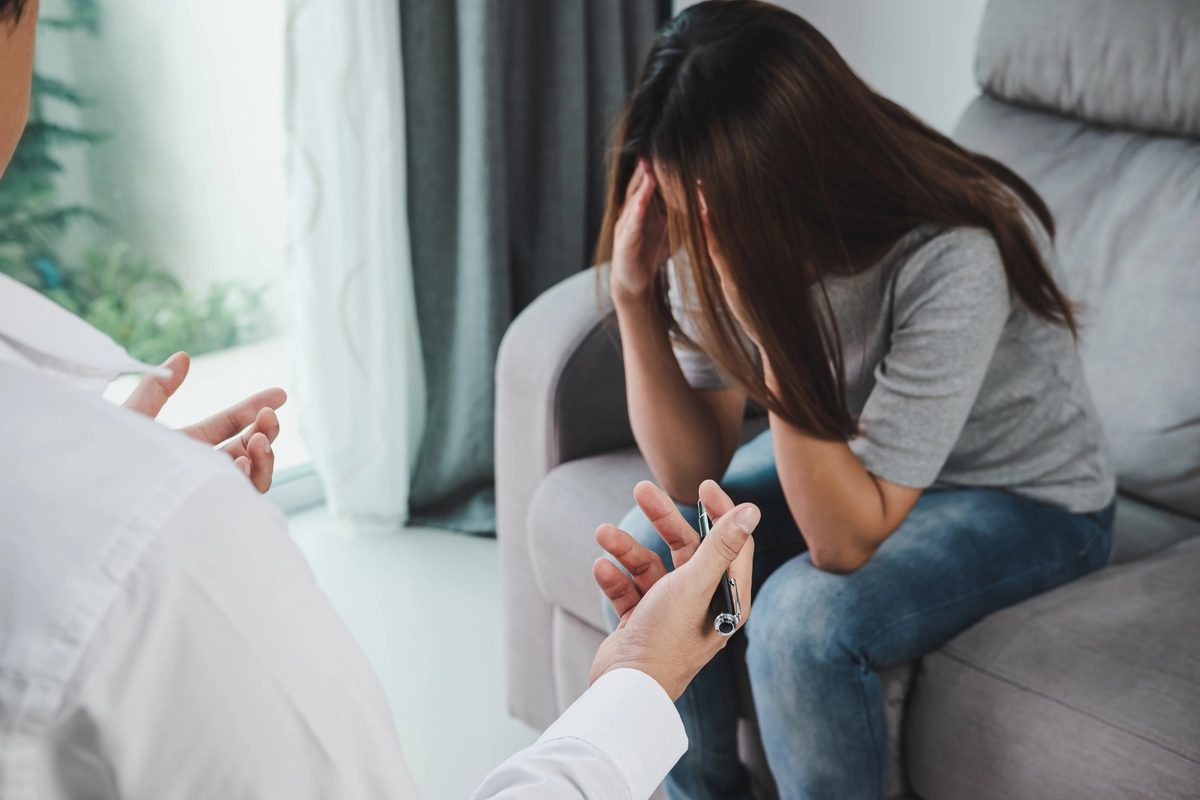24/7 Helpline:
(866) 899-111424/7 Helpline:
(866) 899-1114
Learn more about Intervention Services centers in Union County
Intervention Services in Other Counties

Northern Hills Alcohol and Drug Treatment
Compass Point is a non-profit rehab located in Sturgis, SD. Compass Point specializes in the treatme...

Compass Point
Compass Point provides prevention, intervention, and treatment services in the Northern Black Hills....

River Valley Behavioral Health
River Valley Behavioral Health is an outpatient clinic that provides behavioral health services, sub...

Counseling Center
Counseling Center is a private rehab located in Morganfield, Kentucky. Counseling Center specializes...

Michiana Addictions Prevention
Michiana Addictions Prevention is a private rehab located in Sturgis, Michigan. Michiana Addictions ...















































































Other Insurance Options

Kaiser Permanente

UnitedHealth Group

Group Health Incorporated

Molina Healthcare

Health Choice

GEHA

ComPsych

Optima

Carleon

Covered California

AllWell

Self-pay options

Meritain

Choice Care Network

Health Net

Anthem

Amerigroup

Aetna

WellPoint

Magellan